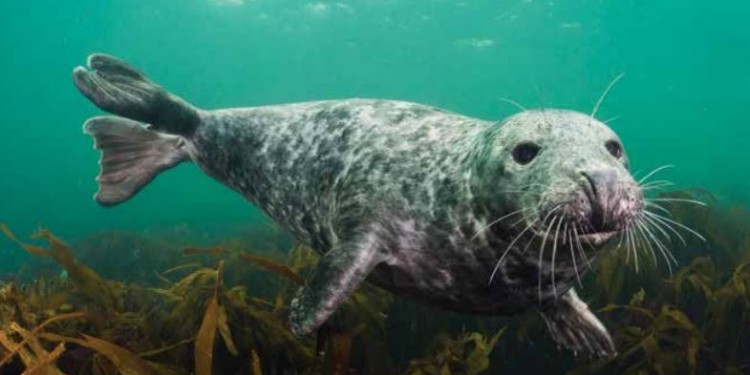
State of Europe’s seas
A new report from the European Environment Agency (EEA) has been published on the 24th of June. The main aim of this report is to assess whether Europe’s seas can be considered healthy, clean and undisturbed, and productive. These are three core aspects of the EU’s main marine policy instrument — the Marine …
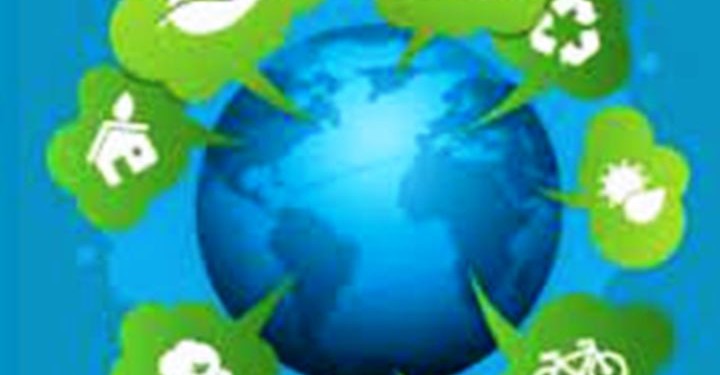
FUTURE BRIEF: Sustainable Aquaculture
Aquaculture is the fastest growing animal sector of worldwide food production. But, in Europe — in contrast with the rest of the world — the sector is stagnating and imports of seafood into the EU are rising. The EU’s Blue Growth Strategy identifies aquaculture — the farming of fish, shellfish …
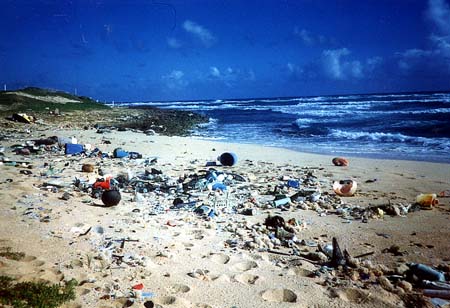
Impact of Marine Debris on Oceans and Marine Life
Policy makers, academic researches and representatives from the civil society got together on Wednesday July the 1st in the European Parliament, to discuss the issue of marine litter in the event entitled “Marine Litter Impact on Oceanic Ecosystems – Problems & Solutions”, chaired by MEP Ricardo Serrão Santos. Ricardo Serrão …
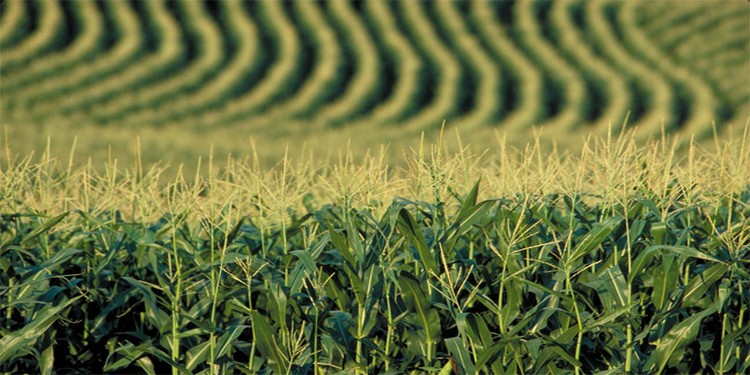
Redefining Integrated Pest Management
Experts gathered in the European Parliament to discuss integrated pest management. EU policy-makers, environmental non-governmental organisations (NGOs) and industry agree that there is no need to redefine Integrated Pest Management (IPM) in the Sustainable Use Directive. Yet, it is crucial to start involving farmers in the discussions and decision-making processes, …
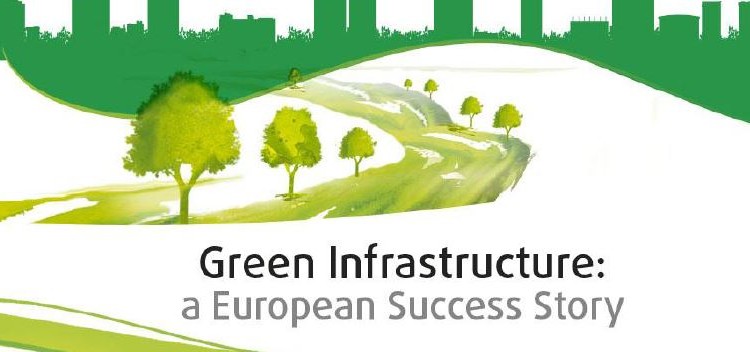
Green Infrastructure: a European success story
Green Infrastructure offers an answer to kick-starting the economy Member states should use Juncker’s €315bn investment plan for green projects On 5 May 2015, the European Economic and Social Committee together with the European Committee of the Regions hosted “Green Infrastructure: a European success story” – an event co-organized by …
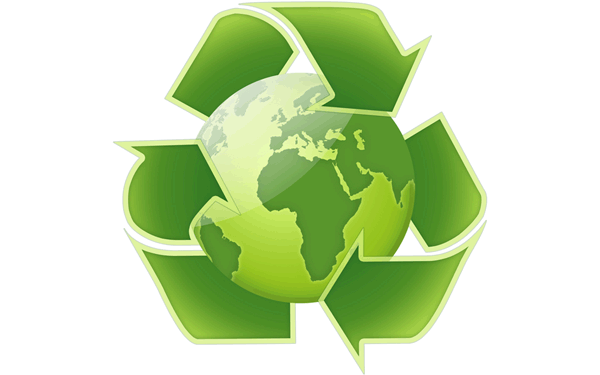
Ensuring a Non-Toxic Circular Economy
On Tuesday 5th of May, policy-makers and stakeholders were brought together by the European Parliament Intergroup on Climate Change, Biodiversity and Sustainable Development with the support of the Norwegian Ministry of Climate and Environment and the Swedish Ministry of Environment and Energy, to discuss the importance of ensuring a non-toxic …
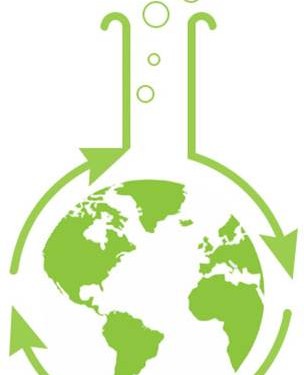
Integrating CO₂ in the Value Chain – The role of chemistry –
Carbon management is an essential component of future sustainable developments. Carbon dioxide is available as “waste” in huge amounts from various industrial sources. Tapping on this potential feedstock allows harvesting renewable energy into the chemical value chain. Possible applications include fuels, basic chemicals, polymers, and even fine chemicals and pharmaceuticals. …


